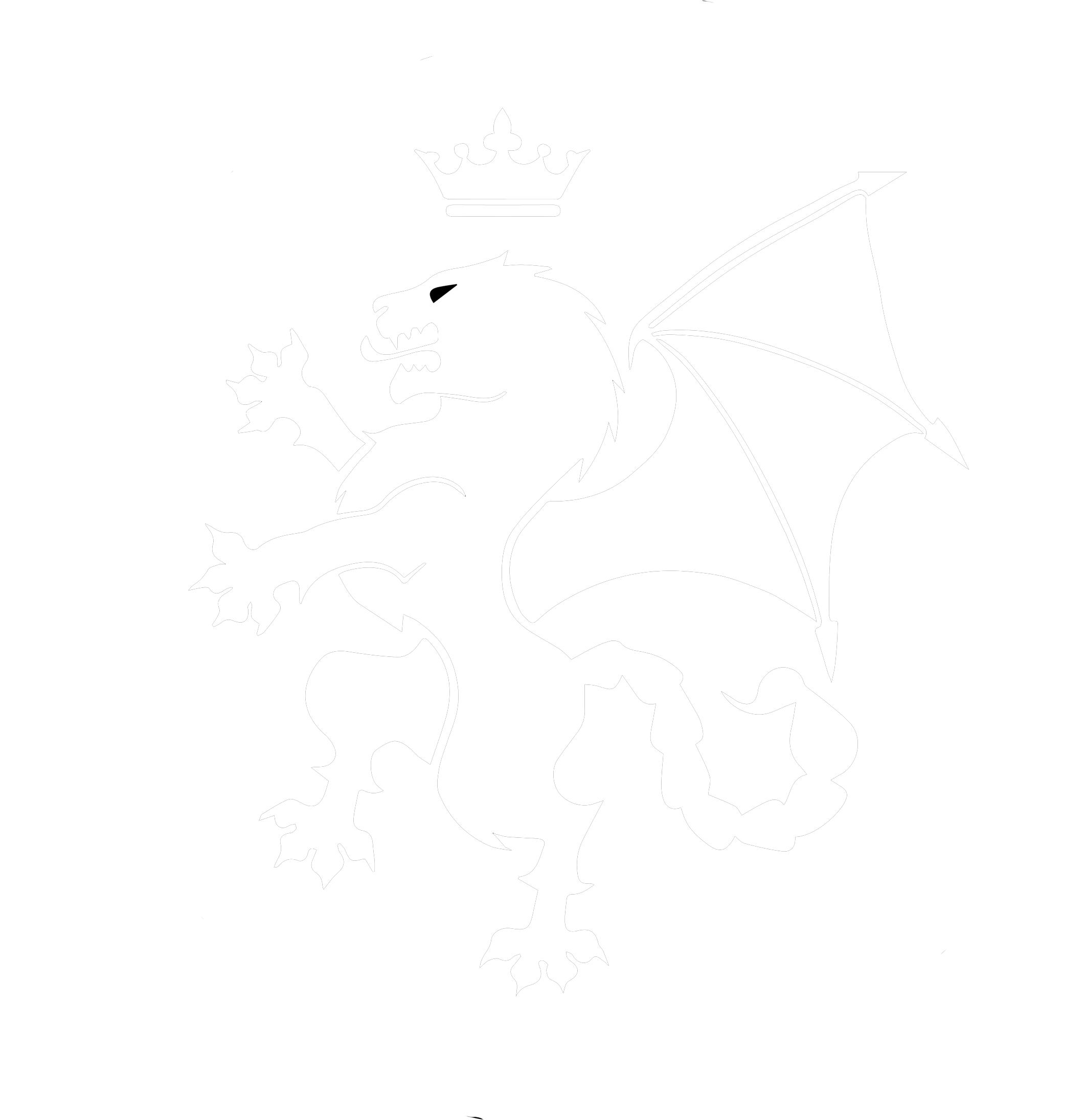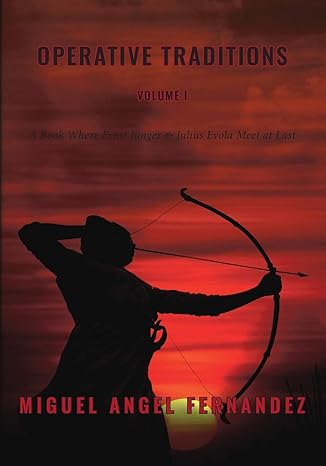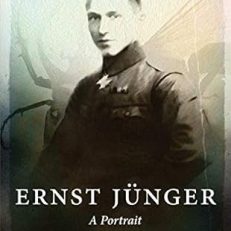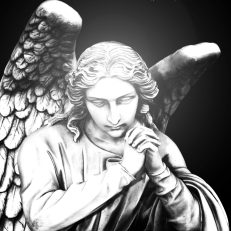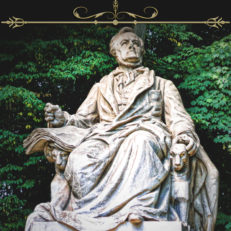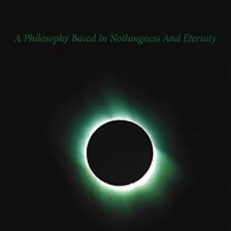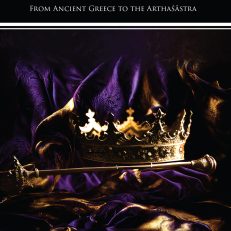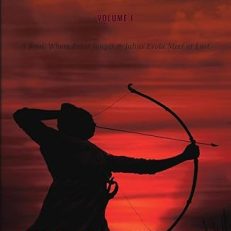Description
Operative Traditions recovers a practical, didactic and creative approach to the heritage of the West and the East, focusing on the core values present in traditional craft and art. Through a deep insight into the strictly operative aspects and spiritual character of such disciplines, this essay approaches one of the least studied aspects of modern culture: technique and its importance as a key factor for spiritual development.
By following a strict instructive purpose, this book recovers for the first time in the English language the most important ideas of one of the most unknown philosophical works of the 20thcentury: Julius Evola’s “Theory and Phenomenology of the Absolute Individual”. Evola´s gnoseological approach draws from the crisis experienced in modern times by Transcendental Idealism (Kant, Hegel, Schelling…) and afterwards, establishes an experiential method and immanent critique intending to approach absolute certainty, beyond all discursive relativism and speculation. The Italian author provides the individual with a series of epistemological “tools” that allow the establishment of transcendent immanence: the projection of the core values of Tradition upon the most diverse and complex human realities.
The great value of Evola´s philosophy resides in its capacity to be directly applied in the most materialistic, reductionist and highly technological conditions of the 21st century. Hence Operative Traditions initially approaches such strict technical conditions of our times, aiming to primarily describe the fundamental operative framework that deeply influences the individual’s traits and habits. Once defined along such horizon the core operative traits of our techno-industrial civilization, for the first time the exposition of Evola´s philosophy is rendered into a pristine eye that illuminates with new colors one of the great spiritual classics of our times: Eugen Herrigel´s Zen and the Art of Archery. This synthesis shall provide the reader with renovated eyes for relating to direct experience.
After aiming with the assistance of Eugen Herrigel´s arc and bow towards the selfsame heart of Evola´s philosophical ideas, Operative Traditions, by not eluding the social or political implications emerging from such synthesis, updates and reviews through renewed eyes “The Worker” (Der Arbeiter, 1932), one of the most miscomprehended essays of who very likely was one of the greatest German writers since Wolfgang Von Goethe: Ernst Jünger. The poetic plasticity and acute vision of the German author and “Pour le Mérit” World War I hero, shall finally serve to provide a new dignity to the devotion towards technique and work, no longer conceiving these activities as exclusive economic or class-related factors, but as opus, this is, as a means for forging at high temperatures the diamond brilliance of the spirit.
Though Julius Evola and Ernst Jünger wrote to each other, there is yet no proof that they ever met in person. Both authors have been labeled politically as proponents of the so-called “conservative revolution”, yet in Operative Traditions is presented the more appealing and highly artistic vision shared by such great and mysterious figures of the 20th century: a creative path where the individual can attain the absolute, persuading all stars to revolve around him.
Operative Traditions is a highly didactic and multidisciplinary exposition that aims to establish a dialogue between readers who are interested in the metaphysical ideas on traditionalism or the so-called “perennial philosophy” (René Guénon, Titus Burkhardt, Evola, Fritjof Schuon, etc) with a more vast sector of readers who are daily involved in the actual operative conditions of our time (science, engineering, politics, etc). Hence on one hand those readers who are familiar with the traditionalist domain shall have the opportunity to gain a new relation to the actual 21st century world conditions (with all its strict technical conditions and determinisms…) while on the other hand those rather more extensive niches of readers who are prone to a more practical life in areas such as science, engineering or business shall have the chance to open their eyes and glimpse new purposes, new disciplines, as well as all the spiritual aspects underlying in their active and productive efforts on a daily basis. Operative Traditions aims to provide new perspectives, approaches and disciplines for all those who want to follow Evola´s advice of “riding the tiger”, here and now, no longer living as “men among the ruins”, but living as men who aim for developing absolutely new creations.
